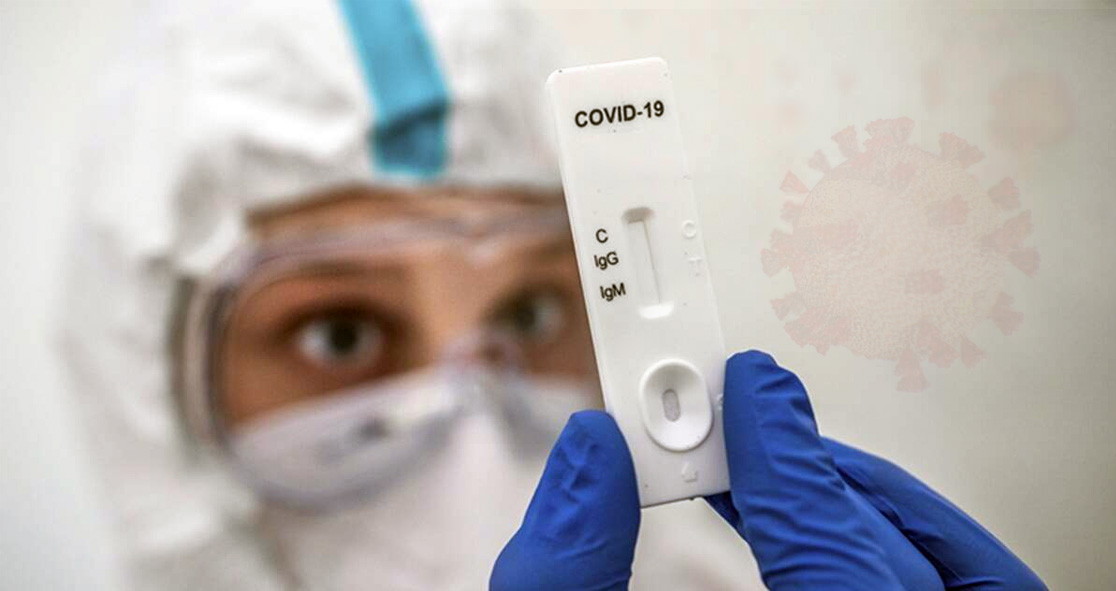Oxford University researchers from the department of physics have developed a COVID-19 test that can detect the virus in less than 5 minutes, according to a news published by the university.
The news release said that the test could be used in airports, businesses, and music venues to provide COVID-19-free spaces.
Rapid testing is considered one of the most important aspects of reopening national economies during the ongoing pandemic.
The test involves collecting a throat swab, which is then examined through a machine learning software to quickly identify whether the virus is present.
The scientists are hopeful about starting the production of the test in early 2021, with an FDA-approved device on the market within 6 months.
Dr. Achilles Kapanidis, University of Oxford Department of Physics, said, “Unlike other technologies that detect a delayed antibody response or that require expensive, tedious and time-consuming sample preparation, our method quickly detects intact virus particles; meaning the assay is simple, extremely rapid, and cost-effective.”
The 5-minute COVID-19 test is expected to be available in time to help countries manage the health crisis during the upcoming winters.
Dr. Nicole Robb of the University of Oxford and Warwick Medical School said, “A significant concern for the upcoming winter months is the unpredictable effects of co-circulation of SARS-CoV-2 with other seasonal respiratory viruses.”
“We have shown that our assay can reliably distinguish between different viruses in clinical samples, a development that offers a crucial advantage in the next phase of the pandemic,” she added.
The results of the test were announced on the preprint server MedRxiv, which has not been peer-reviewed.
In Europe, Siemens Healthineers also announced the launch of a rapid antigen test kit that could offer results within 15 minutes.
In a news release, Siemens said the test uses a nasal swab and it would not require lab work.
The company said, “This rapid antigen test makes testing available to more people across a wider variety of settings — particularly in locations that need to test people quickly such as airports or that have limited access to laboratory resources such as schools.” Siemens said it might apply for the FDA’s emergency use authorization.























